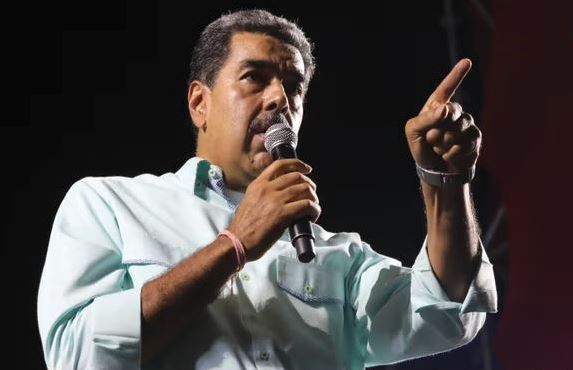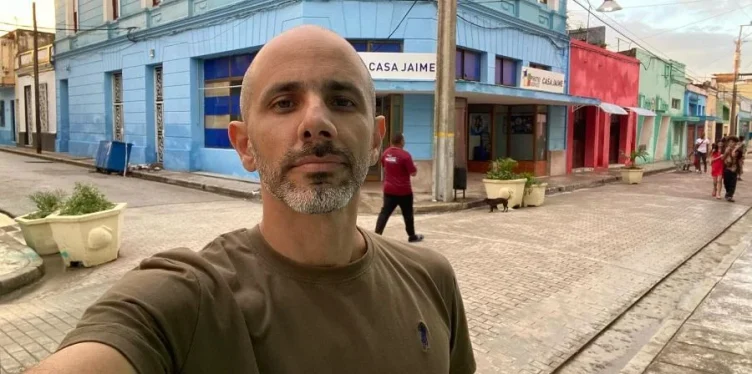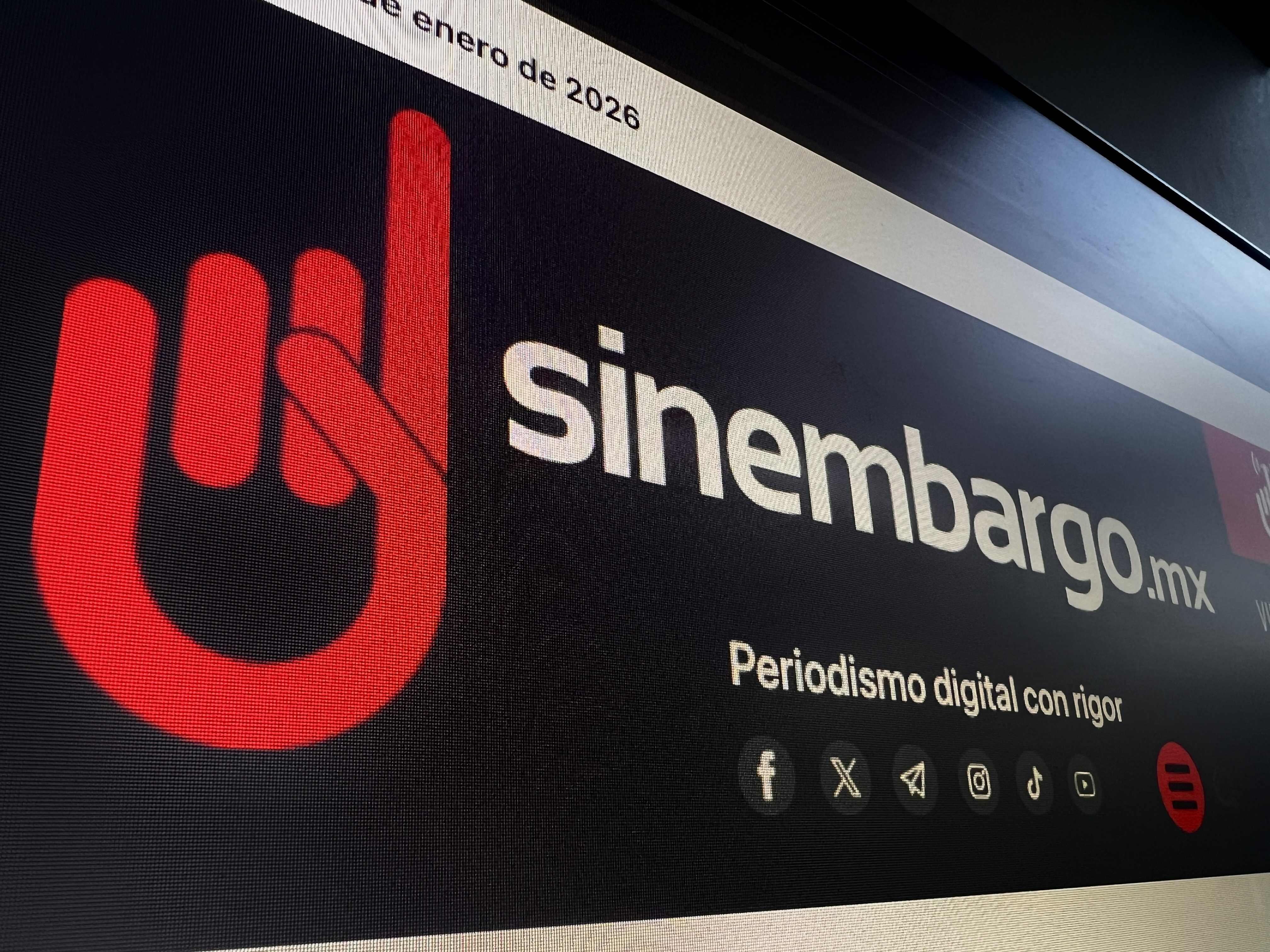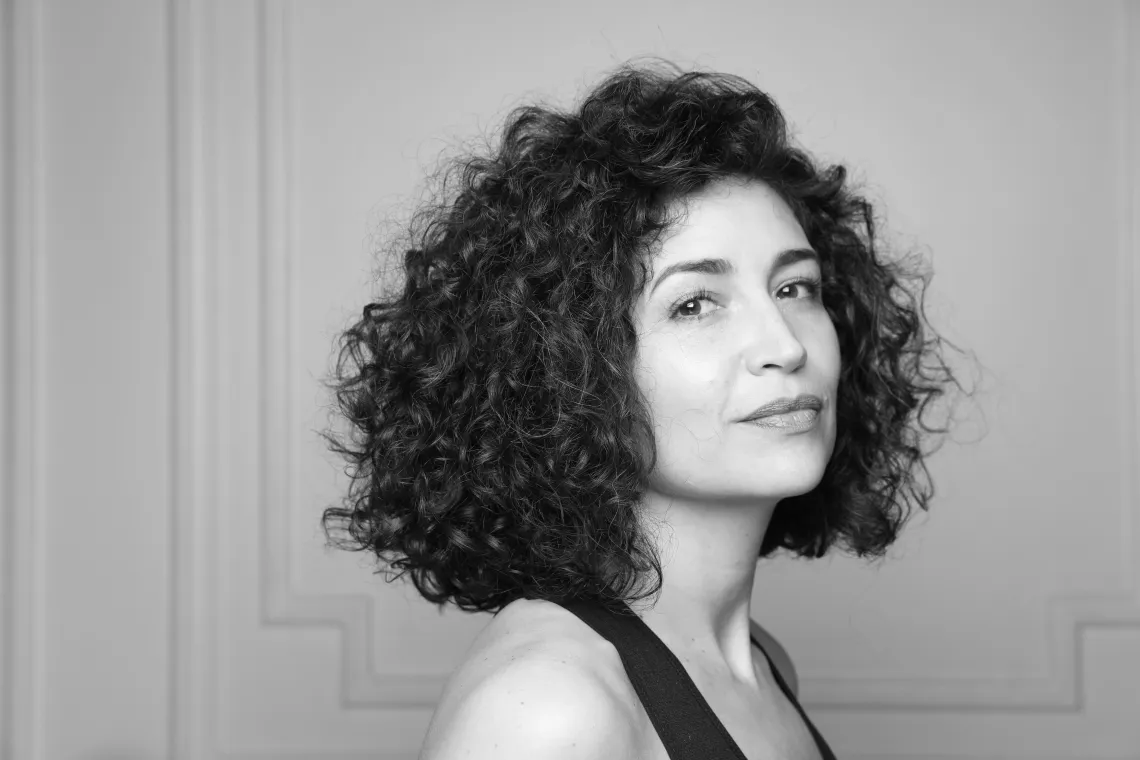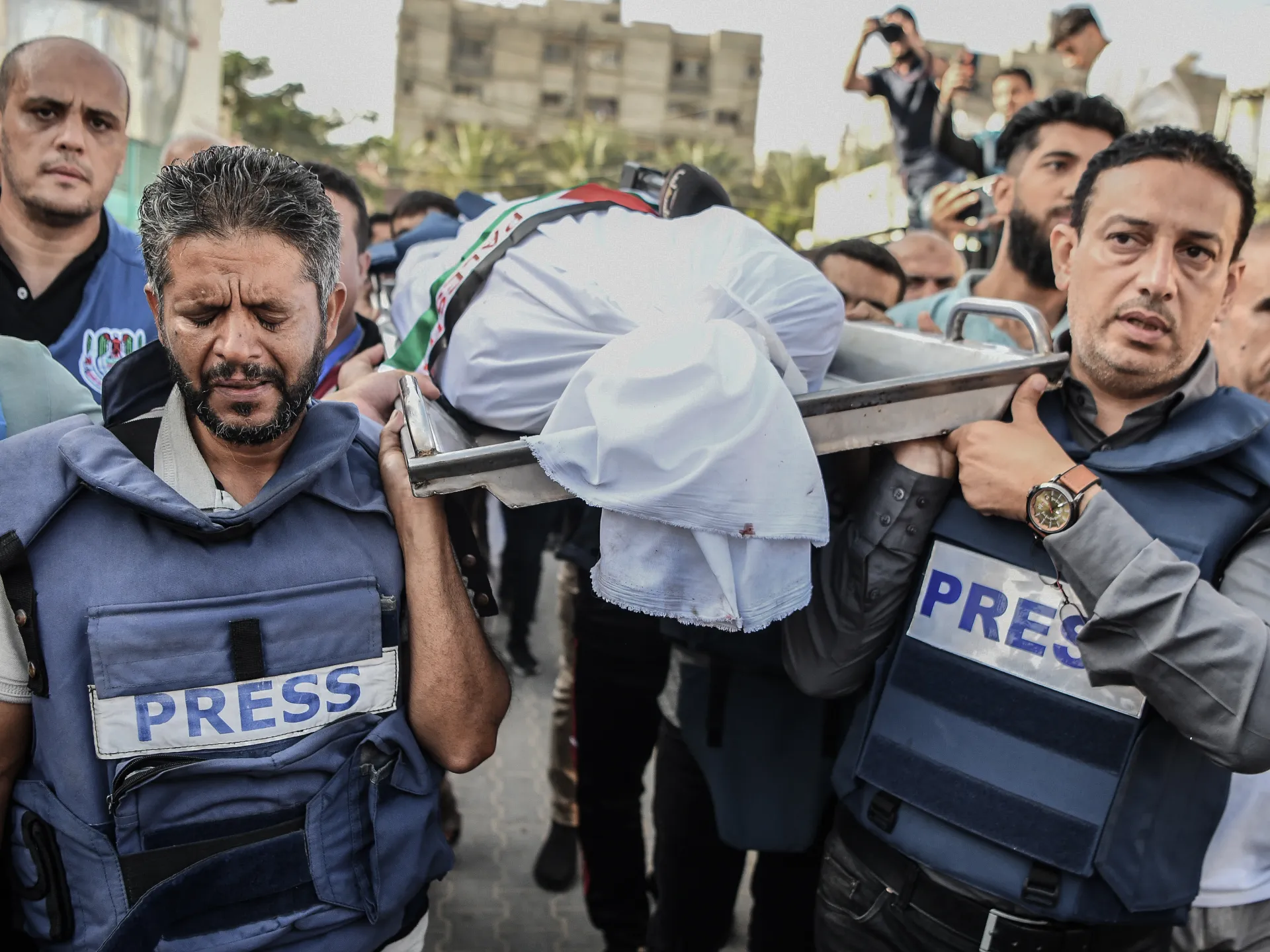
Deliberate Silence: How Journalists Became Targets in Gaza
October 11, 2024
Russian Court Orders Arrest of CNN Journalist Over Reporting in Kursk Region
October 12, 2024October 12, 2024 – Venezuela –
In the wake of Nicolás Maduro’s contested July 2024 re‑election, Venezuela has quietly revoked the passports of at least 40 journalists and human rights activists, according to Caracas–based Laboratorio de Paz, as documented by Financial Times and Reuters. Many learned of the cancellations only when attempting to travel, with documents being seized without explanation at the country’s main airport.
This tactic aligns with Maduro’s broader strategy of targeted repression—dropping airport seizures and overt violence for subtler, systemic intimidation. Laboratorio de Paz explained that “unlike murder or torture, which have a higher political cost, passport cancellation is an effective way to neutralize and muffle critical voices with minimal effort”.
The revocations are part of a wider crackdown that has seen over 2,000 arrests of protesters, activists, and journalists since the election and at least 24 deaths among those demonstrating. Journalists detained or expelled have included those accused under terrorism-related charges and harassed over their reporting on the electoral crisis.
Media freedom in Venezuela is severely restricted: the country ranks 159th of 180 on RSF’s Press Freedom Index, and independent outlets have been shuttered, censored, or forced into exile. Government control over media is further reinforced by internet censorship and restrictions on NGOs—all elements of a systematic campaign to silence dissent.
Revoking passports effectively prevents critics from seeking asylum, participating in international forums, or engaging with foreign media, compounding political isolation. Laboratorio de Paz warns that the real number of cancellations is likely higher, as individuals fear reporting these actions.
This silent form of repression underscores how authoritarian regimes can weaponize administrative procedures to curb dissent, avoid international scrutiny, and maintain plausible deniability. As Venezuelan civil society continues to be persecuted, the cost of opposition grows, making passport revocation another step toward deeper democratic erosion.
Reference –

